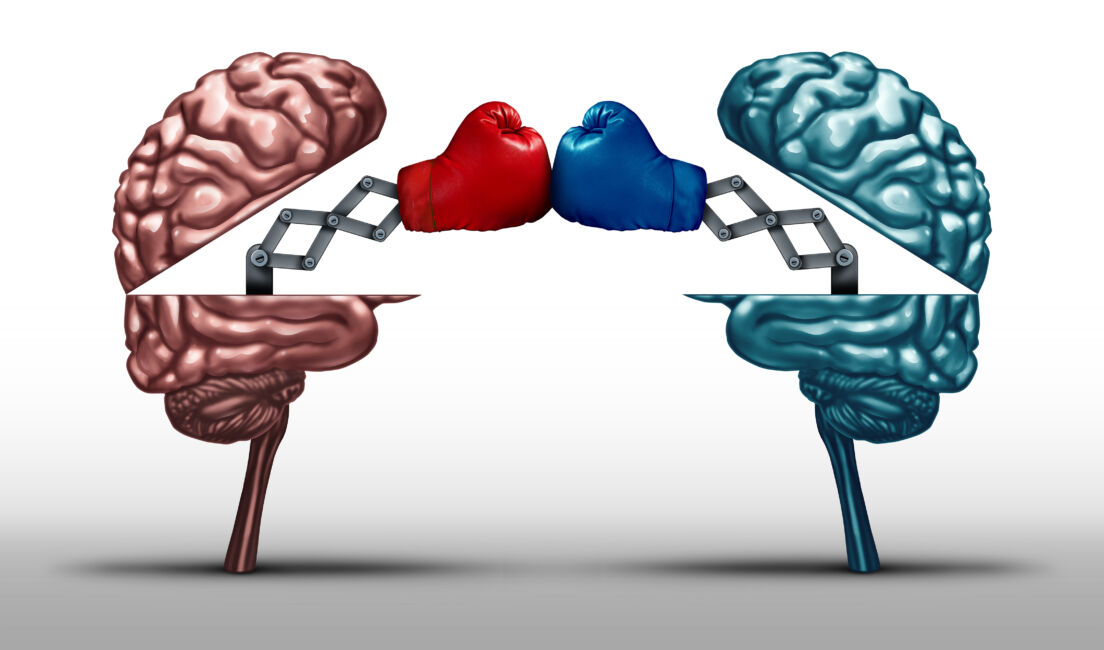If we really are appalled, ashamed, sad, disgusted, exhausted, and scared, each of us needs to demand more from ourselves in our own exchanges, and maybe then we can demand it from our leaders.
The debate is our fault

“Civil society is dead.”
That’s a text I got out of the blue the other night from a friend as I was getting home from a long day. It turns out she had been watching the presidential debate (which I’d forgotten was happening) and that was the conclusion she’d drawn.
No one I’ve talked to about the debates has anything positive to say, and people who watched it have variously described their reactions as appalled, ashamed, sad, disgusted, exhausted, and/or scared.
As I listened to their accounts, I was reminded of an essay that Eric Liu, the co-founder and CEO of Citizen University, wrote in the days prior to the 2016 presidential election. The title of Liu’s piece was “Americans Don’t Need Reconciliation—They Need to Get Better at Arguing.”
Published November 1st of 2016, Liu’s piece predicted that, on November 9th of 2016, “Whatever the outcome on Election Day, more than 40 percent of American voters will feel despondent, disgusted, and betrayed.” That’s the very first line of his essay and that’s what made me think of it while hearing my friends’ accounts of the debate.
We’re four years on, and people still feel despondent, disgusted, and betrayed, and I’m afraid it’s now far more than 40 percent of the country.
But I also think we all have to be honest with ourselves about our culpability in the nonsense we saw in those debates. Throughout the country, far away from that debate stage, we still treat each other with disrespect on social media, and we still lump one another into “us vs. them” shorthand in our thinking and in our conversations. Political rhetoric and the behavior we saw in the debate doesn’t happen without our consent, at some level.
In 2016 Liu called on all of us, in the wake of the election, to “do better” and to remember that “America is an argument—between Federalist and Anti-Federalist world views, strong national government and local control, liberty and equality, individual rights and collective responsibility, color-blindness and color-consciousness, Pluribus and Unum.”
We don’t need to stop arguing. We need to stop arguing in a manner that resembles the debate this week—the disrespectful name-calling we’ve somehow come to tolerate from political figures and from ourselves on social media. And it’s worth revisiting Liu’s closing words from his 2016 essay: “…to be a citizen means fighting to make our fights more useful: more honest, more open to change, more human.”
If we really are appalled, ashamed, sad, disgusted, exhausted, and scared, each of us needs to demand more from ourselves in our own exchanges, and maybe then we can demand it from our leaders.
Photo by freshidea on Adobe Stock